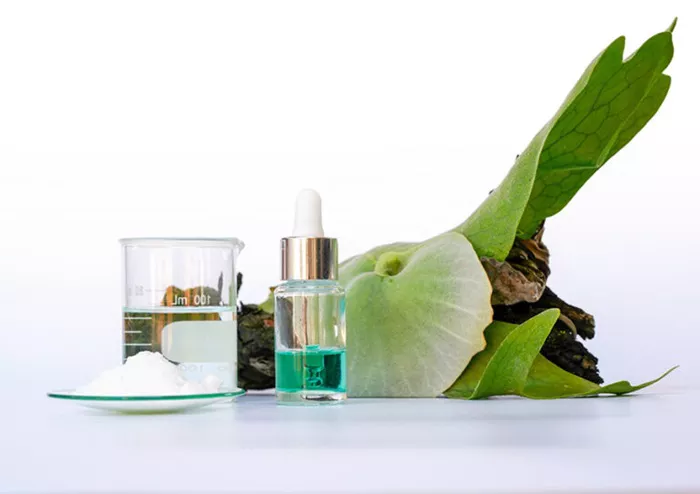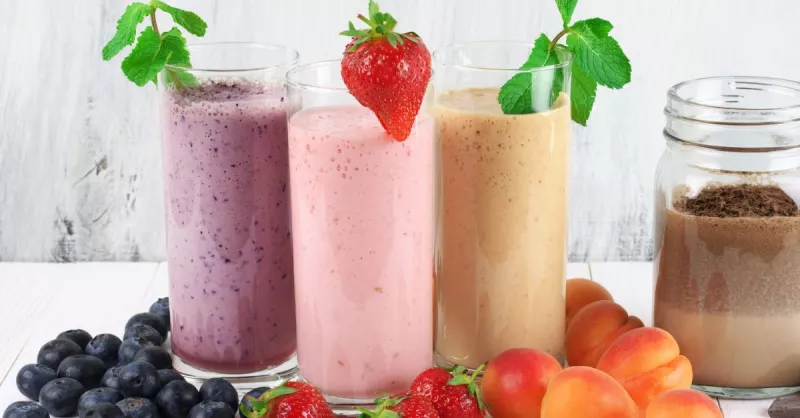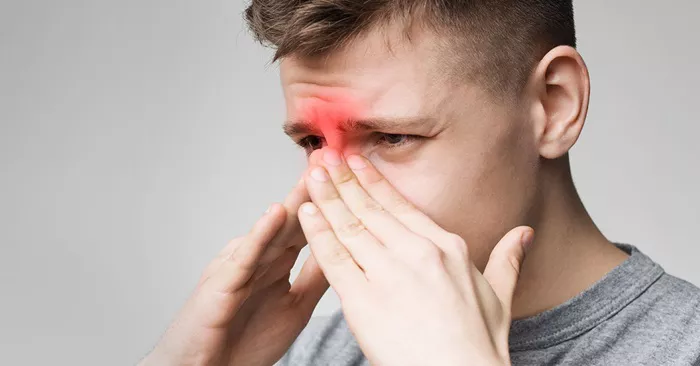Pollen allergies, also known as hay fever or allergic rhinitis, are a common condition that affect millions of people worldwide. They occur when the immune system overreacts to pollen, a fine powder released by plants to fertilize other plants. While pollen allergies are not life-threatening, they can significantly impact the quality of life, causing symptoms such as sneezing, itchy eyes, nasal congestion, and coughing. Fortunately, there are various ways to manage and reduce the symptoms of pollen allergies. This article will explore the causes of pollen allergies, symptoms, and effective strategies to help stop or manage pollen allergies.
Understanding Pollen Allergies
Pollen is a natural substance produced by trees, grasses, and weeds to help with fertilization. In most cases, the body’s immune system can tolerate exposure to pollen without any issues. However, for some people, the immune system mistakenly identifies pollen as a harmful substance, triggering an allergic reaction. When a person with a pollen allergy inhales pollen, their immune system releases chemicals like histamine to defend against the “threat.” This overreaction causes the symptoms associated with pollen allergies.
There are different types of pollen that can trigger allergies, including tree pollen, grass pollen, and weed pollen. The type of pollen you are allergic to often depends on the region where you live and the time of year. For instance, springtime allergies are often linked to tree pollen, while summer allergies are typically caused by grass pollen, and fall allergies are commonly triggered by weed pollen.
Symptoms of Pollen Allergies
The symptoms of pollen allergies can vary from mild to severe and may include:
- Sneezing
- Runny or stuffy nose
- Itchy or watery eyes
- Coughing
- Fatigue
- Postnasal drip
- Sore throat
In some cases, pollen allergies can also worsen asthma symptoms, causing wheezing, shortness of breath, and tightness in the chest. For many people, these symptoms can be bothersome and can interfere with daily activities, making it essential to find ways to manage or reduce the allergic response.
Can You Stop Being Allergic to Pollen?
While there is no definitive cure for pollen allergies, there are several ways to reduce the severity of symptoms or even desensitize the body to pollen over time. The key to managing pollen allergies is to understand what triggers your symptoms and take steps to minimize exposure to pollen.
For some people, avoiding pollen altogether might not be feasible, especially if they live in areas with high pollen counts during certain seasons. However, with proper treatment and lifestyle adjustments, most people can significantly reduce the impact of their pollen allergies.
1. Allergy Medications
One of the most common approaches to managing pollen allergies is through the use of medications. These medications are designed to alleviate symptoms by either blocking the allergic response or reducing inflammation. The following types of medications are commonly used to treat pollen allergies:
Antihistamines: These medications block histamine, a chemical released by the immune system during an allergic reaction. By blocking histamine, antihistamines help reduce symptoms like sneezing, itching, and runny nose. There are several over-the-counter antihistamines available, such as loratadine, cetirizine, and fexofenadine. Some antihistamines may cause drowsiness, so it’s important to choose a non-drowsy option if you need to remain alert during the day.
Decongestants: These medications help relieve nasal congestion by reducing swelling in the nasal passages. Decongestants, such as pseudoephedrine and phenylephrine, can be taken orally or used as nasal sprays. However, nasal decongestants should not be used for more than three days, as prolonged use can lead to rebound congestion.
Nasal Corticosteroids: These anti-inflammatory medications help reduce swelling in the nasal passages and prevent symptoms like nasal congestion and sneezing. Nasal corticosteroids, such as fluticasone and budesonide, are available over-the-counter or by prescription. They may take a few days to show full effects but are effective for long-term symptom relief.
Leukotriene Receptor Antagonists: These medications, such as montelukast, work by blocking the action of leukotrienes, chemicals that contribute to inflammation and allergic reactions. They are usually prescribed for people with more persistent or severe symptoms.
2. Immunotherapy
Immunotherapy, also known as allergy shots or sublingual immunotherapy, is a long-term treatment option for people with severe pollen allergies. This approach involves gradually exposing the body to small amounts of allergens over time to help desensitize the immune system.
Allergy Shots (Subcutaneous Immunotherapy): Allergy shots involve receiving regular injections of pollen extracts, starting with small amounts and gradually increasing the dosage over time. This helps the immune system become accustomed to the allergen and reduce the severity of allergic reactions. Allergy shots are usually administered once or twice a week for the first few months, followed by maintenance doses every 4-6 weeks. The treatment can last for 3 to 5 years and may result in long-term relief.
Sublingual Immunotherapy (SLIT): SLIT involves placing a tablet containing pollen extract under the tongue daily. This treatment is often used for people who are allergic to grass and ragweed pollen. SLIT is a more convenient option than allergy shots and can be done at home. Like allergy shots, SLIT works by desensitizing the immune system to specific allergens over time.
Both allergy shots and SLIT are effective in reducing symptoms for many people, and some may experience long-lasting benefits even after completing treatment.
3. Avoidance Strategies
While it may not be possible to completely avoid pollen, there are several strategies you can use to reduce exposure and minimize symptoms:
Monitor Pollen Levels: Keep track of the pollen count in your area using online resources or weather apps. Pollen levels are typically highest in the early morning and late afternoon, so try to limit outdoor activities during these times. On days when pollen levels are high, consider staying indoors or taking additional precautions, such as wearing a mask.
Close Windows and Doors: During pollen season, keep windows and doors closed to prevent pollen from entering your home. Use air conditioning instead of opening windows, and make sure your air filters are clean and effective at trapping pollen.
Shower and Change Clothes After Outdoor Activities: Pollen can cling to your skin, hair, and clothing. After spending time outdoors, shower and change into clean clothes to remove pollen from your body. This will help prevent pollen from spreading indoors and causing additional exposure.
Limit Lawn Mowing and Gardening: If you are allergic to grass pollen, consider limiting your time spent mowing the lawn or gardening. If you must engage in these activities, wear a mask, long sleeves, and gloves to minimize exposure to pollen.
Use HEPA Filters: High-Efficiency Particulate Air (HEPA) filters can help trap pollen and other allergens in your home. Consider using HEPA filters in your vacuum cleaner, air purifiers, and HVAC systems to reduce pollen levels indoors.
4. Natural Remedies
In addition to medications and immunotherapy, some people find relief from pollen allergies through natural remedies. While the scientific evidence supporting these treatments may vary, some individuals may benefit from the following:
Local Honey: Some people believe that consuming local honey can help desensitize the immune system to pollen by gradually introducing small amounts of local allergens. However, research on this method is limited, and it may not be effective for everyone.
Herbal Supplements: Certain herbal supplements, such as butterbur and stinging nettle, have been suggested to help alleviate allergy symptoms. These herbs are thought to have anti-inflammatory properties and may help reduce the severity of allergic reactions. Always consult with a healthcare provider before using herbal supplements, as they may interact with other medications.
Saline Nasal Rinse: A saline nasal rinse involves irrigating the nasal passages with a saltwater solution to remove pollen and other allergens. This can help relieve nasal congestion and reduce irritation caused by pollen.
5. Lifestyle Adjustments
Adopting a healthy lifestyle can also play a role in managing pollen allergies. Maintaining a strong immune system and reducing inflammation in the body can help improve your body’s ability to handle allergens. Consider incorporating the following habits into your daily routine:
Eat a Healthy Diet: A diet rich in fruits, vegetables, and omega-3 fatty acids may help reduce inflammation and support your immune system. Certain foods, such as leafy greens, berries, and fish, are known for their anti-inflammatory properties and may help reduce allergy symptoms.
Exercise Regularly: Regular exercise can help improve overall health and immune function. However, if you have pollen allergies, it’s best to exercise indoors during peak pollen seasons. Activities like swimming, yoga, and strength training are good alternatives when pollen levels are high.
Manage Stress: Chronic stress can weaken the immune system and exacerbate allergy symptoms. Practicing stress-reducing activities such as meditation, deep breathing exercises, and mindfulness can help improve your body’s ability to cope with allergens.
Conclusion
While you may not be able to stop being allergic to pollen entirely, there are many strategies available to help manage and reduce symptoms. A combination of medication, immunotherapy, avoidance strategies, and lifestyle changes can significantly improve your quality of life during allergy season. If you are struggling with severe pollen allergies, consider consulting with an allergist to develop a personalized treatment plan. With the right approach, you can enjoy the outdoors without the discomfort of allergic reactions.
Related Topics

































